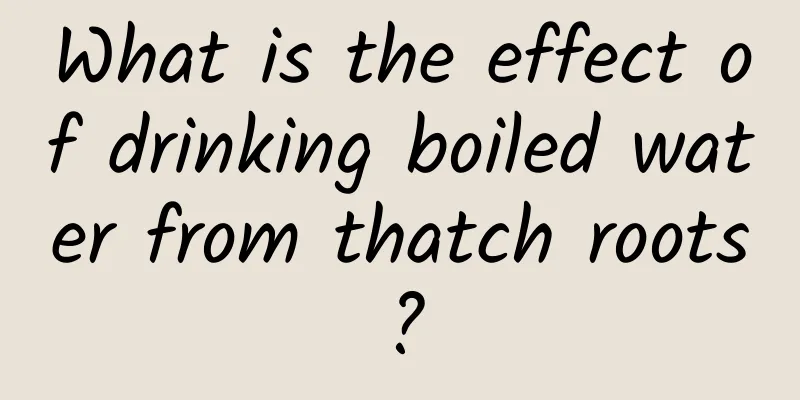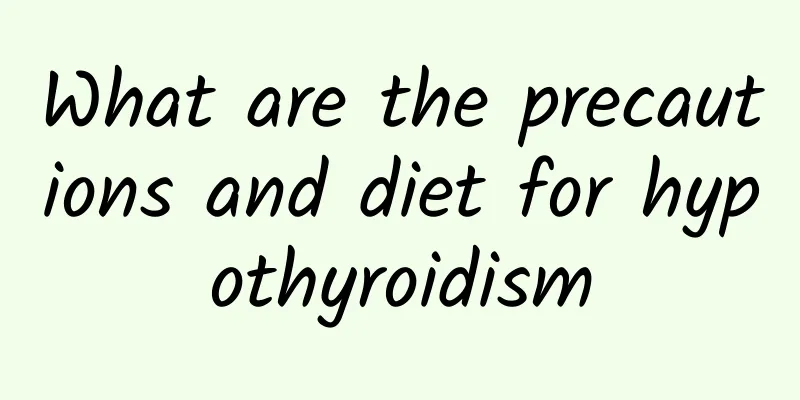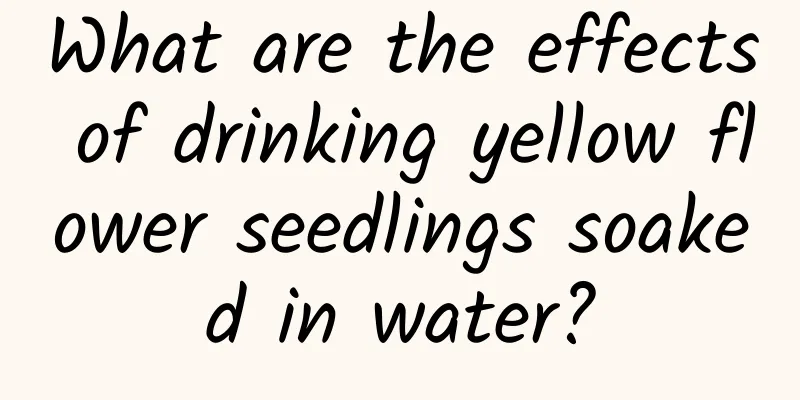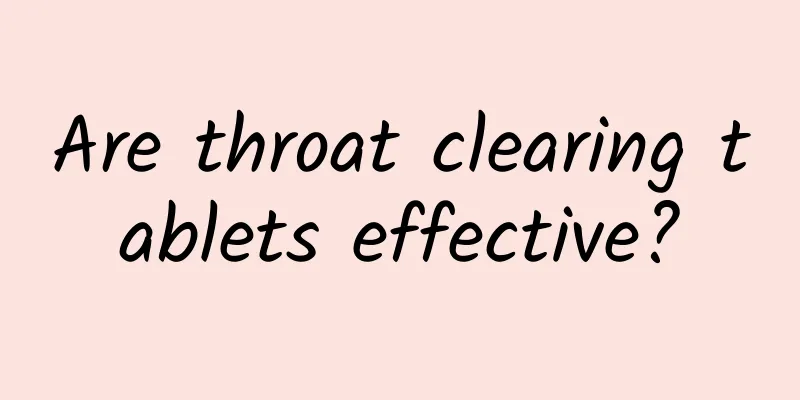What is the effect of drinking boiled water from thatch roots?

|
The root of the grass is actually the root of the white grass. The root of the grass tastes sweet, so it is also called sweet grass root, grass root, etc. After being dried, it can be used as medicine. In the theory of traditional Chinese medicine, the effect of the root of the grass is still very large. It has the effect of cooling blood and stopping bleeding. If you use the root of the grass to soak in water and drink it, it can treat urinary problems, and can also treat nosebleeds, relieve cough and phlegm, and clear away heat and detoxify. What is the effect of drinking boiled water from thatch roots? 1. It has the effect of treating urinary problems Thatch roots contain a large amount of potassium salts, which can promote the production of more urine in the body and have a diuretic effect. Experiments have shown that rabbits that took thatch roots had significantly increased urination frequency and urine volume. Therefore, clinically, thatch root is often used together with other drugs to treat symptoms of difficulty urinating. Patients with difficulty urinating can also boil water with thatch roots and drink it. The therapeutic effect will be seen after drinking it a few times. 2. It can treat nosebleeds Experiments have shown that taking Imperata root can greatly shorten the time it takes for plasma to recalcify, thus having an excellent hemostatic effect. Therefore, patients with nosebleeds caused by colds, rhinitis or frequent nose picking can boil thatch roots in water and drink it. This can speed up the clotting time of the nosebleed and play a role in treating the nosebleed. Drinking it regularly can also prevent nosebleeds. 3. It has the effect of relieving cough and phlegm Boiling water with thatch roots can relieve cough and phlegm. Cough and sputum caused by cold and fever can be treated by drinking water boiled with thatch roots. At the same time, the side effects of thatch root are extremely small, and children with cough and phlegm can also be treated with this method. However, thatch root is cool in nature and should not be taken for a long time, and it is even more unsuitable for people with weak bodies to take it. 4. It has the effect of clearing away heat and detoxifying The function of thatch root is to clear away heat and detoxify. Patients with dry throat, constipation and yellow urine caused by heat syndrome can be treated by drinking water boiled with thatch roots. Because the potassium salt contained in thatch roots can promote the kidneys to produce urine, accelerate the excretion of heat and toxins in the body, and play a role in clearing heat and detoxifying. |
<<: Taboos of White Snake Grass and Scutellaria barbata
>>: Contraindications of using Curcuma serrata
Recommend
Treatment of hydrocele, 3 dietary therapies recommended
Hydrocele is a male disease that occurs primarily...
How to register for sleep disorders
Sleep disorders are too common in life, but peopl...
Hypothalamic Pituitary Ovarian Axis
The hypothalamic-pituitary-ovarian axis is a rela...
Should newborn babies have their legs bound?
Newborns need careful care. Only when they are we...
Can ventricular premature beats be cured?
Ventricular premature beats are a symptom of hear...
The efficacy and function of ylang-ylang essential oil
When watching many palace fighting dramas, ylang ...
Early reaction to hyperthyroidism
The early reaction of hyperthyroidism, hyperthyro...
How to deal with acne turning white
Many people have acne on their faces to a greater...
What to do if you have appendicitis
Appendicitis is actually acute appendicitis. Appe...
How long after fire therapy can I take a shower?
For women, conditioning the body is a must, becau...
Which material is best for porcelain teeth?
When making porcelain teeth, many people are more...
Medicinal value of Northeast Red Mushroom
What a romantic name, Red Goji Berry. This is pro...
Paranoid personality disorder
In our experience, there must have been some para...
Can children drink Zengjian oral liquid?
There are many health care products on the market...
What to do if your pores are clogged with oil
If you do not pay attention to skin care, it is e...









